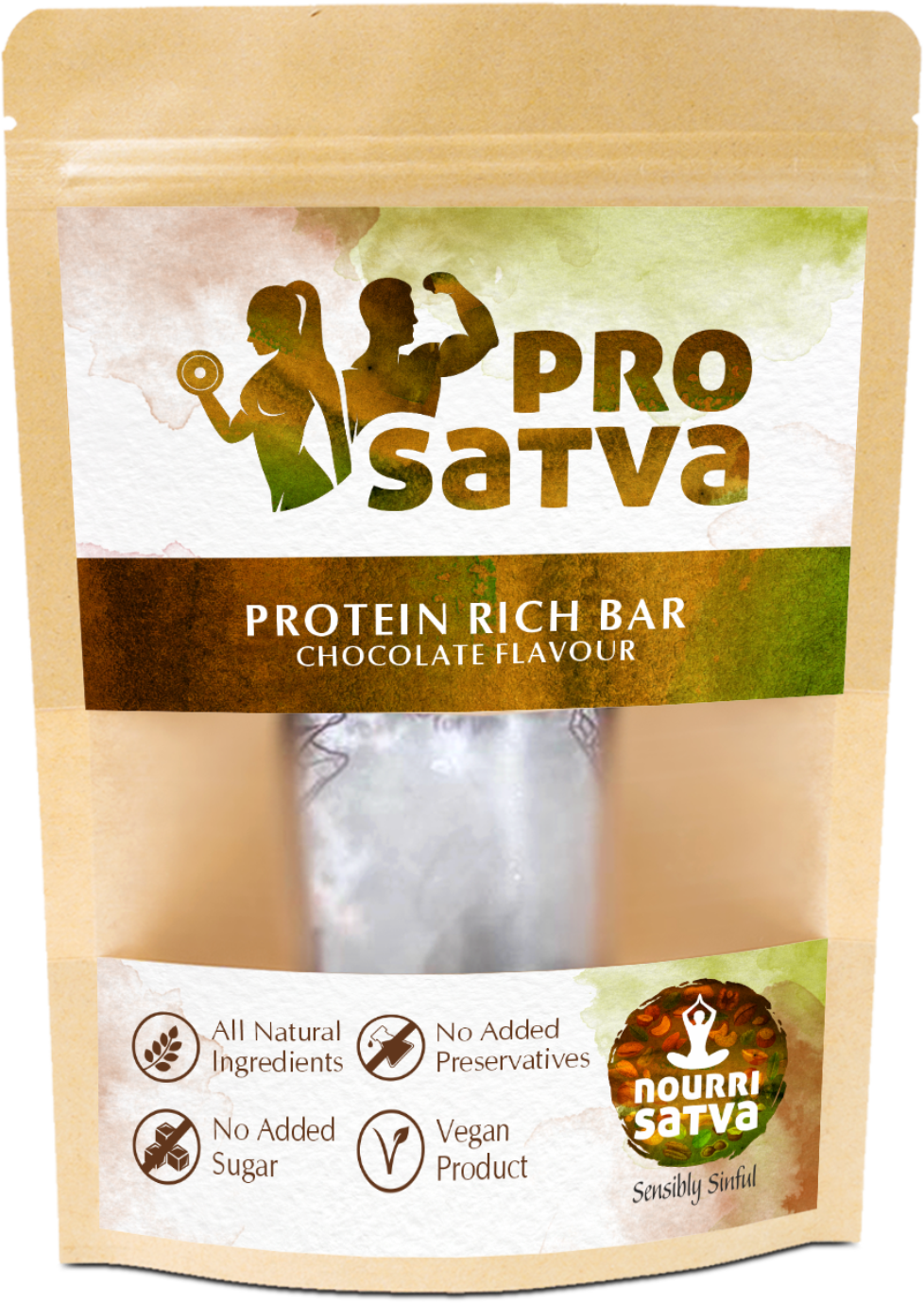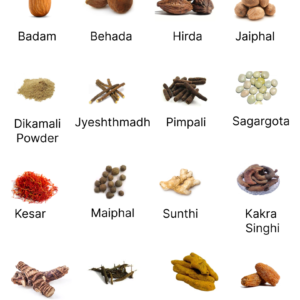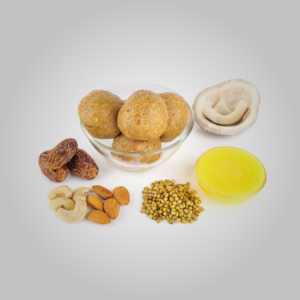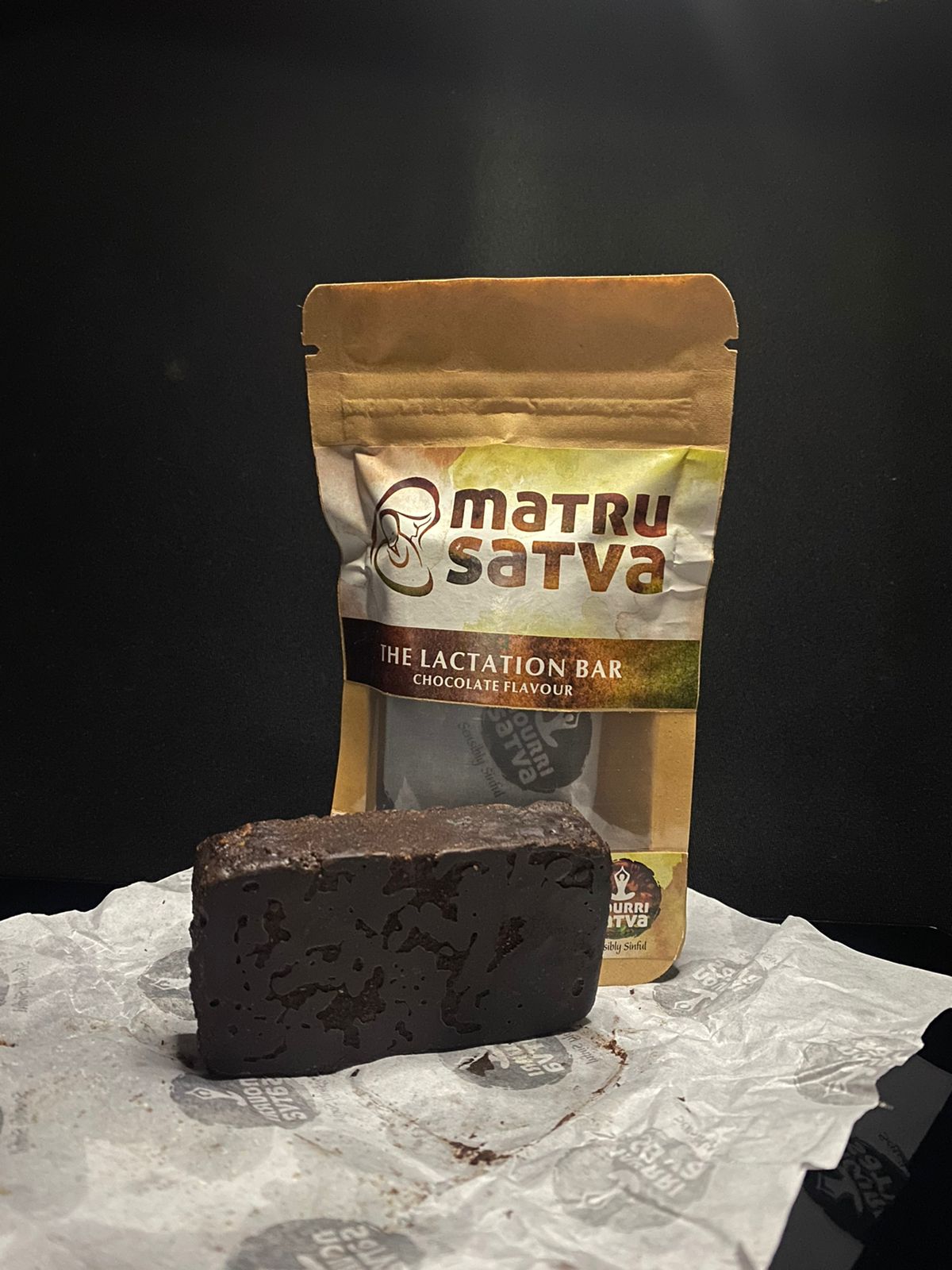Post delivery calcium deficiency in a new mother and how to fulfill it?
Post-delivery calcium deficiency is a common issue that many new mothers face. During pregnancy, the mother’s body needs to support the growing fetus’s skeletal development, and as a result, it tends to absorb and retain more calcium. After delivery, the body’s demand for calcium decreases, and it starts to release the stored calcium, which can lead to calcium deficiency.
Calcium is a crucial nutrient for maintaining healthy bones, teeth, muscles, and nerves. Calcium deficiency can lead to osteoporosis, muscle cramps, and other health issues. To fulfill the calcium deficiency in new mothers, here are some tips:
- Increase dietary intake of calcium-rich foods: Foods rich in calcium include dairy products like milk, cheese, and yogurt, leafy greens like kale, spinach, and collard greens, fortified orange juice, and fish like salmon and sardines. Incorporate these foods into your daily diet to increase your calcium intake.
- Consider calcium supplements: If you are unable to meet your calcium requirements through your diet, your healthcare provider may recommend calcium supplements. It is essential to follow the recommended dosage and consult with your healthcare provider before taking any supplements.
- Get enough vitamin D: Vitamin D plays a crucial role in the absorption of calcium. Make sure to get enough vitamin D by spending time in the sun or taking a vitamin D supplement. Foods like fatty fish, egg yolks, and fortified foods are also good sources of vitamin D.
- Exercise regularly: Weight-bearing exercises like walking, jogging, or weightlifting can help maintain bone density and prevent calcium loss.
- Breastfeed: Breastfeeding can help stimulate the release of hormones that promote the absorption of calcium in the mother’s body.
What amount of calcium is required for new born babies and mothers?
The amount of calcium required for newborn babies and mothers can vary depending on a variety of factors, including age, health status, and dietary intake. Here are the recommended daily calcium intake levels for newborns and mothers:
Newborns:
- 0 to 6 months: 200 to 260 milligrams per day
- 6 to 12 months: 260 to 400 milligrams per day
It’s important to note that breast milk or formula is the primary source of calcium for newborns. If a newborn is not getting enough calcium from breast milk or formula, the healthcare provider may recommend a calcium supplement.
Mothers:
- 18 to 50 years old: 1,000 milligrams per day
- 51 years old and above: 1,200 milligrams per day
It’s important for new mothers to maintain adequate calcium intake to support their bone health and prevent calcium deficiency. Breastfeeding mothers may require additional calcium to support lactation, and their healthcare provider may recommend a calcium supplement if necessary.
It’s important to note that these are general guidelines, and individual calcium requirements may vary depending on a variety of factors. It’s always best to consult with a healthcare provider to determine the appropriate calcium intake for both the newborn and mother.
You can buy best calcium supplement on Amazon by following this link – Best Calcium Supplements on Amazon.com
What are the best resources to obtain calcium for new mothers?
New mothers can obtain calcium from a variety of food sources. Here are some of the best resources for obtaining calcium:
- Dairy products: Milk, cheese, and yogurt are excellent sources of calcium. One cup of milk contains about 300 milligrams of calcium.
- Leafy greens: Dark leafy greens such as kale, spinach, collard greens, and bok choy are great sources of calcium. One cup of cooked spinach contains about 240 milligrams of calcium.
- Fortified foods: Many foods are fortified with calcium, such as orange juice, soy milk, and cereals. Check the label to see if the food is fortified and how much calcium it contains.
- Seafood: Certain types of seafood, such as sardines and salmon, are high in calcium. A 3-ounce serving of canned salmon contains about 180 milligrams of calcium.
- Nuts and seeds: Almonds, chia seeds, and sesame seeds are good sources of calcium. One ounce of almonds contains about 80 milligrams of calcium.
It’s important to note that calcium absorption is also influenced by other factors such as vitamin D, magnesium, and exercise. New mothers should also talk to their healthcare provider about their calcium needs and consider taking calcium supplements if necessary.
In conclusion, calcium deficiency is a common issue in new mothers. By incorporating calcium-rich foods into your diet, taking supplements as recommended by your healthcare provider, getting enough vitamin D, exercising regularly, and breastfeeding, you can fulfill your calcium requirements and prevent any potential health issues.






